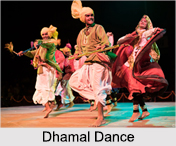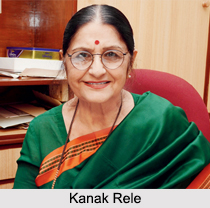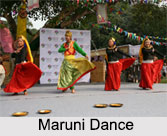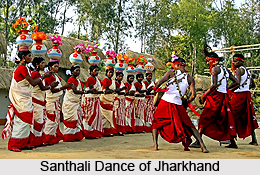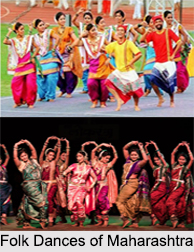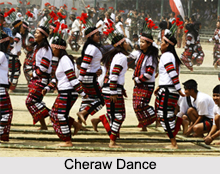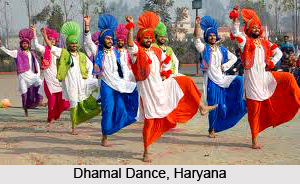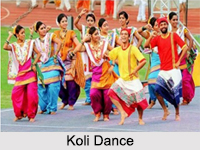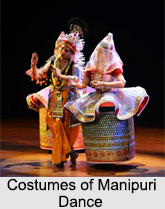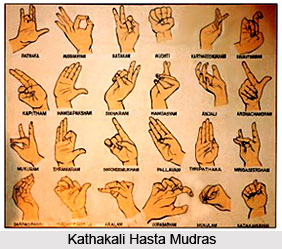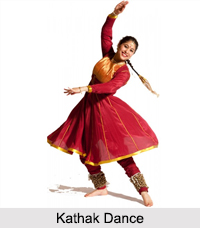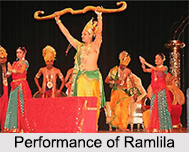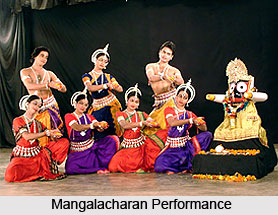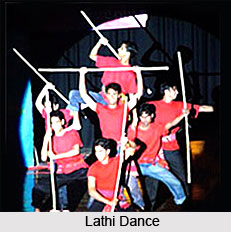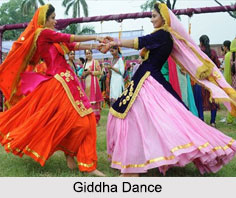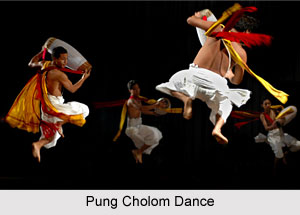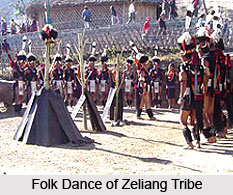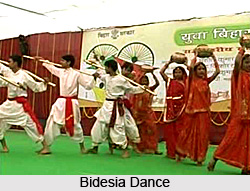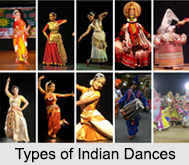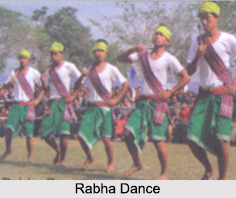Kavungal Sankarankutty Panicker was a Kathakali actor who was born to the illustrious Kavungal family of Kathakali artistes in Thichur village, Thrissur district. He was named after his uncle, K. Sankara Panicker. He was a legendary performer ostracized from home, community, and profession by the caste system as the result of an involvement with a Nambudiri Brahman woman. Sankarankutty`s main teacher in Kathakali was Pattikkantodi Ramunni Menon of the Kalluvazhi (midland) style. He became very famous in the roles otpaccha characters like Krishna, Manikantha (Ayyappa), Dharmaputra Yudhishthira, and Arjuna, and katti characters like Duryodhana, Ravana, and Surpaka. He served as principal and lead actor at the Kollangod royal troupe`s school in Palakkad district for many years. He also taught at the Kathakali Sangham, Thiruvananthapuram.
This article is a stub. You can enrich by adding more information to it. Send your Write Up to content@indianetzone.com
